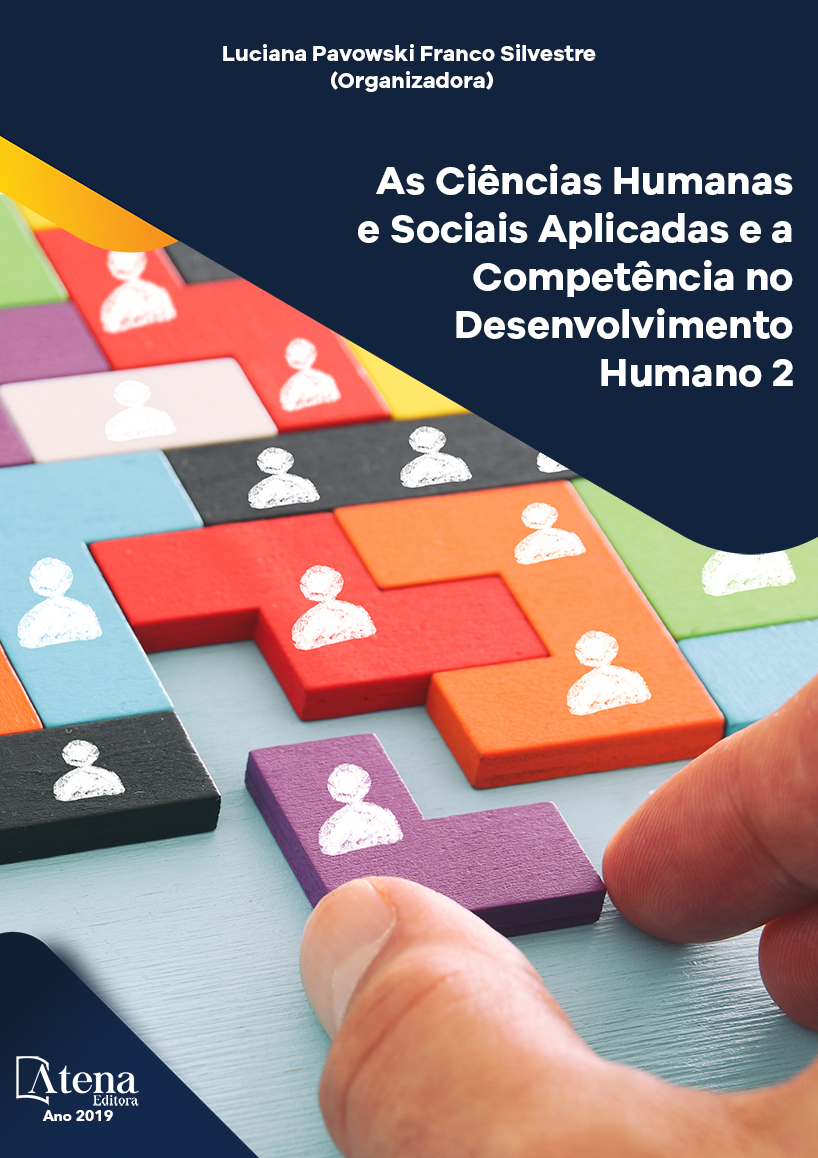
CRIME DE VILIPÊNDIO: O DIREITO À MEMÓRIA DE PESSOAS FALECIDAS E SUA VIOLAÇÃO PELAS REDES SOCIAIS
Este estudo está relacionado ao
comportamento de indivíduos no meio social que
utilizam tecnologias e meios de comunicações
modernos para produzir e/ou propagar imagem
de pessoas em estado falecido, configurando,
possivelmente, o crime de vilipêndio. Diante
disso, objetivou-se demonstrar que, apesar
do falecimento, a pessoa continua a possuir
direitos inerentes à condição humana e que
devem ser resguardados. Evidenciou-se como
a tecnologia, precisamente as redes sociais,
ajuda na divulgação de fotos a ponto de,
aparentemente sob impunidade, afetar direitos
inerentes à condição humana da pessoa já
falecida. Concluiu-se que, efetivamente, o
falecido também é digno de direitos.
PALAVRAS-CHAVE: Vilipêndio. Falecido.
Comunicação. Tecnologia.
ABSTRACT: This study is related to the
behavior of individuals in the social environment
who use modern technologies and means of
communication to produce and/or propagate the
image of deceased persons, possibly forming
the crime of vilification. In view of this, the
objective was to demonstrate that, despite the
death, the person continues to have inherent
rights to the human condition and that must
be safeguarded. It was evidenced that how
technology - precisely, social networks - helps
in the dissemination of photos to the point that,
apparently under impunity, affect rights inherent
to the human condition of the deceased person.
It was concluded that, in fact, the deceased is
also worthy of rights.
CRIME DE VILIPÊNDIO: O DIREITO À MEMÓRIA DE PESSOAS FALECIDAS E SUA VIOLAÇÃO PELAS REDES SOCIAIS
-
DOI: 10.22533/at.ed.15019060720
-
Palavras-chave: Vilification. Deceased. Communication. Technology.
-
Keywords: Atena
-
Abstract:
Atena
-
Número de páginas: 15
- Rodrigo Oliveira Santana
- LORENA ALMEIDA VIEIRA


